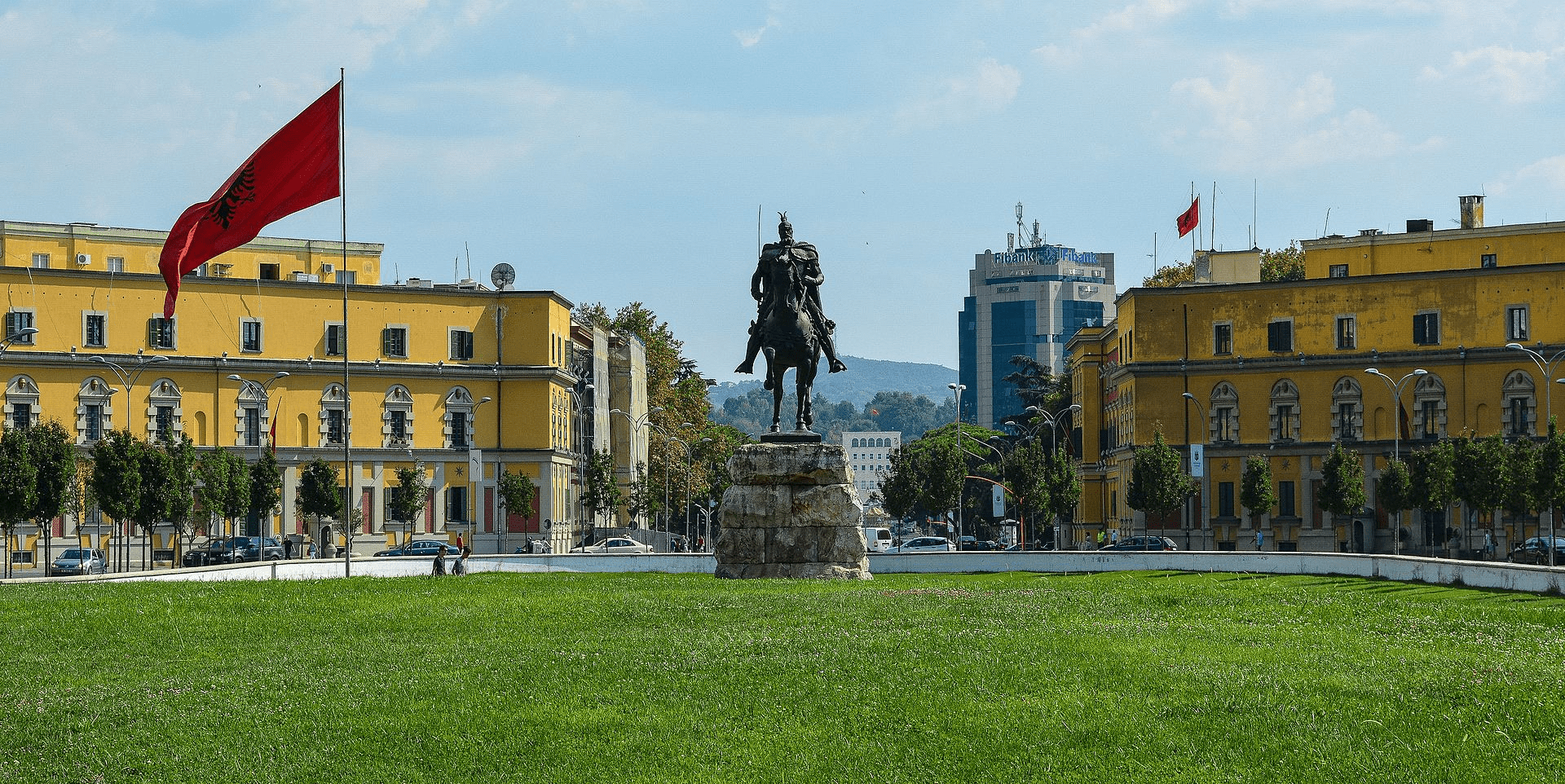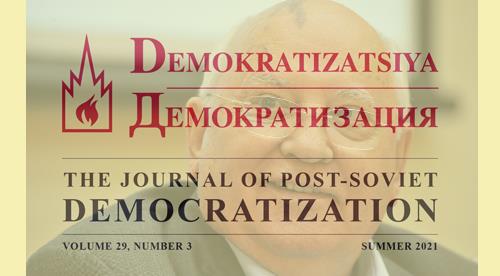(Mediterranean Politics) Do populist leaders tend to win support from the same kinds of people abroad as they do at home? Since we know public opinion can shape foreign policy, the answer is important for understanding populists’ potential to carry out their typically anti-establishment international agendas. We address this question through original surveys in three Southeast European EU-aspiring countries on one populist leader (US President Donald Trump), establishing that the answer is a qualified yes: It depends on geopolitical orientation. In Albania, where local elites are perceived to be aligned with American elites, Trump supporters stand out for the same dispositions linked to him in the US, including intolerance and Euroscepticism. But in Serbia, where the American elites opposed by Trump’s own populism are seen as opposed to Serbia’s own establishment, patterns are remarkably different: Trump sympathizers generally stand out for tolerance, support for the EU, and a general trust in politicians. In Kosovo, these differences collapse into its deep ethnic divide between Albanians and Serbs.
Read More © Mediterranean Politics











